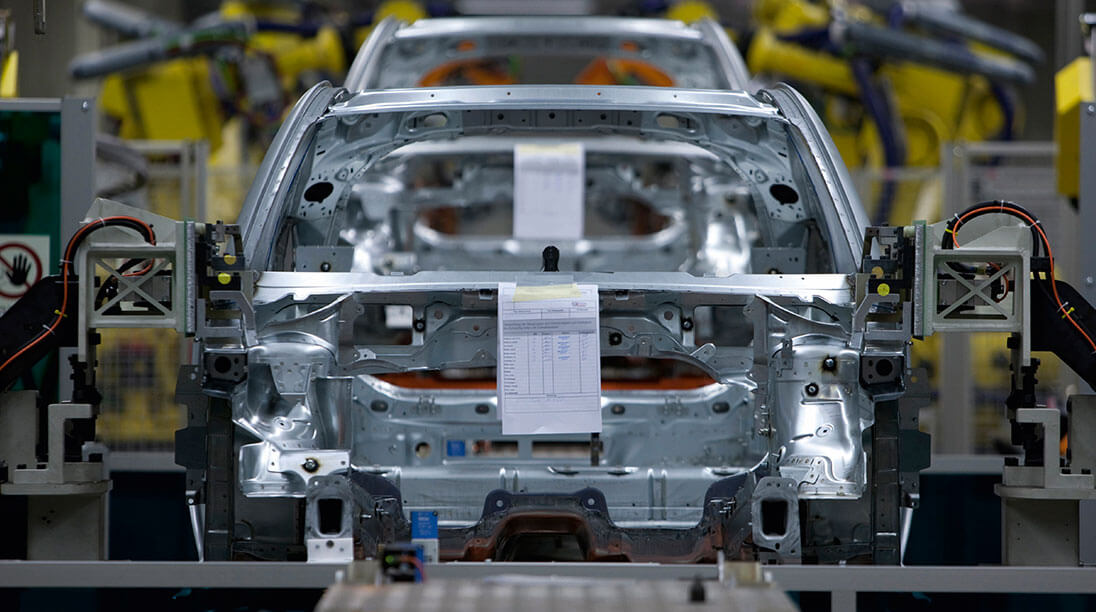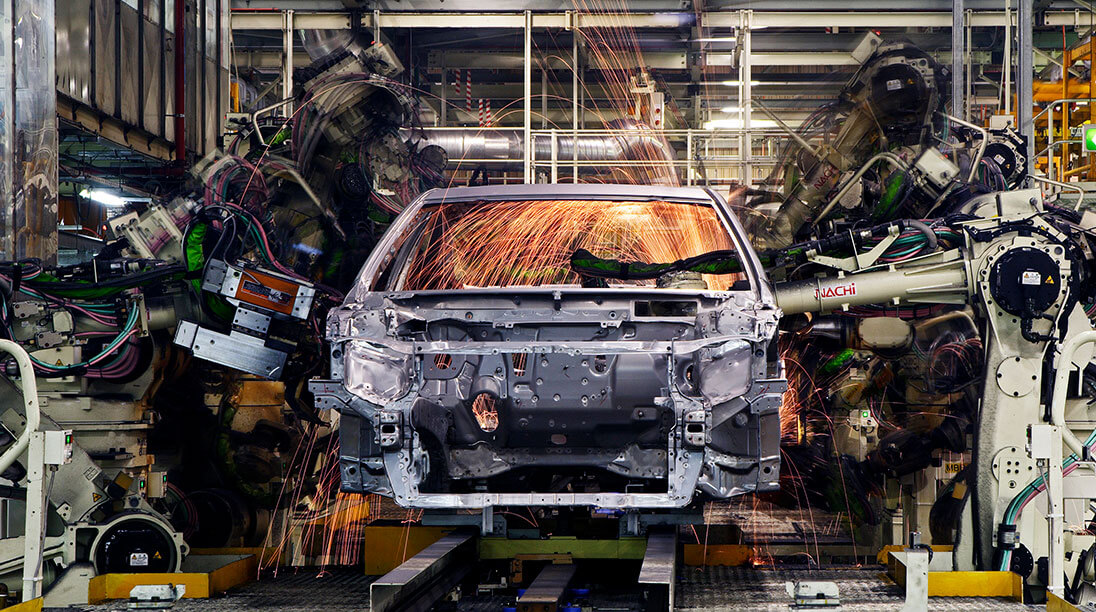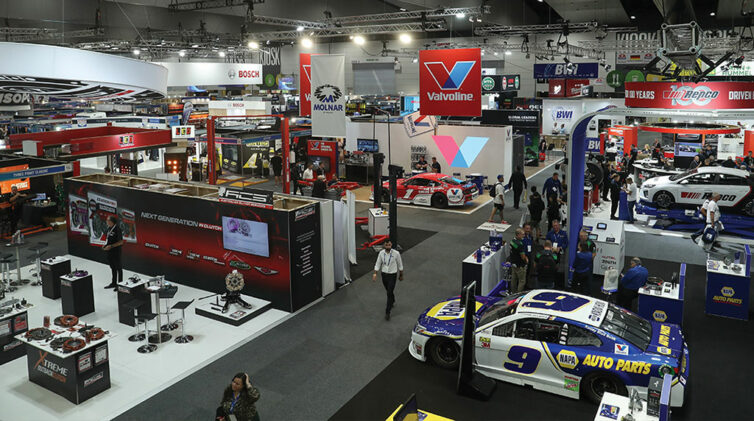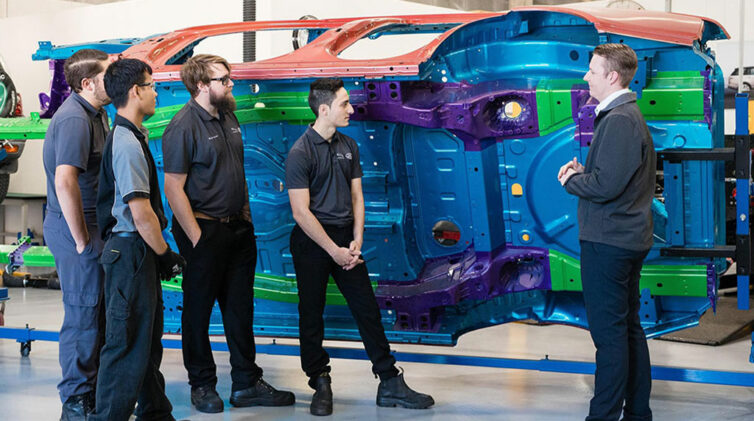
Rod Sims
AUSTRALIA’S consumer watchdog, in a landmark speech at this week’s Australian Automotive Dealers Association (AADA) Convention, has come out on the side of dealers over the vexed question of who is ultimately responsible for fixing dud cars.
In a keynote address to retailers, the Australian Competition and Consumer Commission (ACCC) put manufacturers on notice that car-makers must comply with Australian Consumer Law and that most of the ACCC’s enforcement focus would be on the manufacturers.
It is rare that an arm of government has publicly recognised that the dealers are ground between the twin millstones of a car company’s desire to minimise the sometimes massive cost of fixing endemic faults in cars, and the consumers’ rights to have a faults in vehicles rectified first time and in a timely way.
ACCC chairman Rod Sims opened his address to the AADA Convention in Sydney by calling on car companies to treat their dealers fairly when meeting obligations to customers under Australian Consumer Law (ACL).
Mr Sims said that the ACCC acknowledged that dealers may find it challenging to simultaneously meet their ACL and other obligations and maintain their long-term commercial relationship with the manufacturer.
He told delegates, “You are in an invidious position”.
Mr Sims’ comments appear to have angered car companies who responded within hours of his speech with a strongly worded statement from the Federal Chamber of Automotive Industries (FCAI).
The FCAI has expressed its disappointment in the ACCC’s lack of constructive engagement with the new vehicle distributors and manufacturers.
FCAI chief executive Tony Weber said: “The existing warranty and consumer protection mechanisms are working well.

“Australia’s new-car industry has hundreds of thousands of very happy customers but their voices are unheard. All the industry asks is for a fair and balanced hearing from the regulator but to date, that hasn’t happened.”
According to Mr Sims, the ACCC understands that dealers operate in a very competitive market and that few industries have greater choice of product at the point of sale.
He acknowledged that dealers typically experience slim margins on the sale of new cars, and most money is made from aftermarket sales, including finance and insurance products, service and repairs and replacement parts.
Mr Sims said that the ACCC recognised that the prescriptive nature of most agreements between manufacturers and dealers is a particular constraint on dealers’ commercial power.
“We are aware that some dealer agreements can specify everything from car showrooms and service facilities, to car sales, servicing and customer satisfaction targets.”
The ACCC chairman was adamant however that: “Notwithstanding these challenges, it remains the responsibility of dealers to meet their legal obligations to consumers under the Australian Consumer Law, and for manufacturers in turn to meet theirs and not to adopt commercial arrangements that stifle this.
“In particular, consumers are entitled to claim a remedy directly from dealers if the products do not meet one or more of the relevant consumer guarantees.
“Let me be clear: dealers cannot circumvent their obligations by referring consumers to the manufacturer.
“But remember this: the manufacturer also has obligations, and most of our enforcement focus will be on the manufacturers,” Mr Sims said. “In targeting non-compliance with consumer guarantees, the ACCC’s main focus is on manufacturers’ complaints handling systems, policies and practices.”

Dealers were told that where they to believe that their dealer agreement provisions, policies or procedures may breach the Franchising Code of Conduct, or the Competition and Consumer Act more generally, they can report this to the ACCC for consideration.
“No one at the ACCC has any illusions about the difficulties you face as new-car retailers,” Mr Sims said. “You are the middlemen and women in a highly competitive market.
“You are being squeezed by large multinationals which are themselves in a constant battle for survival in an age of great technological change.”
Mr Sims pointed to a recent decision by Holden as regards Australian Consumer Law that he believes will become a point of difference in the market, and expressed his hope it becomes industry standard.
In August, Holden announced it would introduce an industry-first 60-day guarantee on all of its new vehicles, offering the buyer a refund, replacement or repair of the vehicle if a defect renders the car undriveable in that period.
“This will have significant implications for the industry; but will also provide greater confidence to your customers, although this will present challenges for your suppliers, the manufacturers,” Mr Sims added.
“The AADA has been a strong advocate for your industry, as you would expect, and we look forward to continue working with the AADA as we move towards concluding our market study into the new-car retailing industry.”
By Daniel Cotterill













 Read More: Related articles
Read More: Related articles

